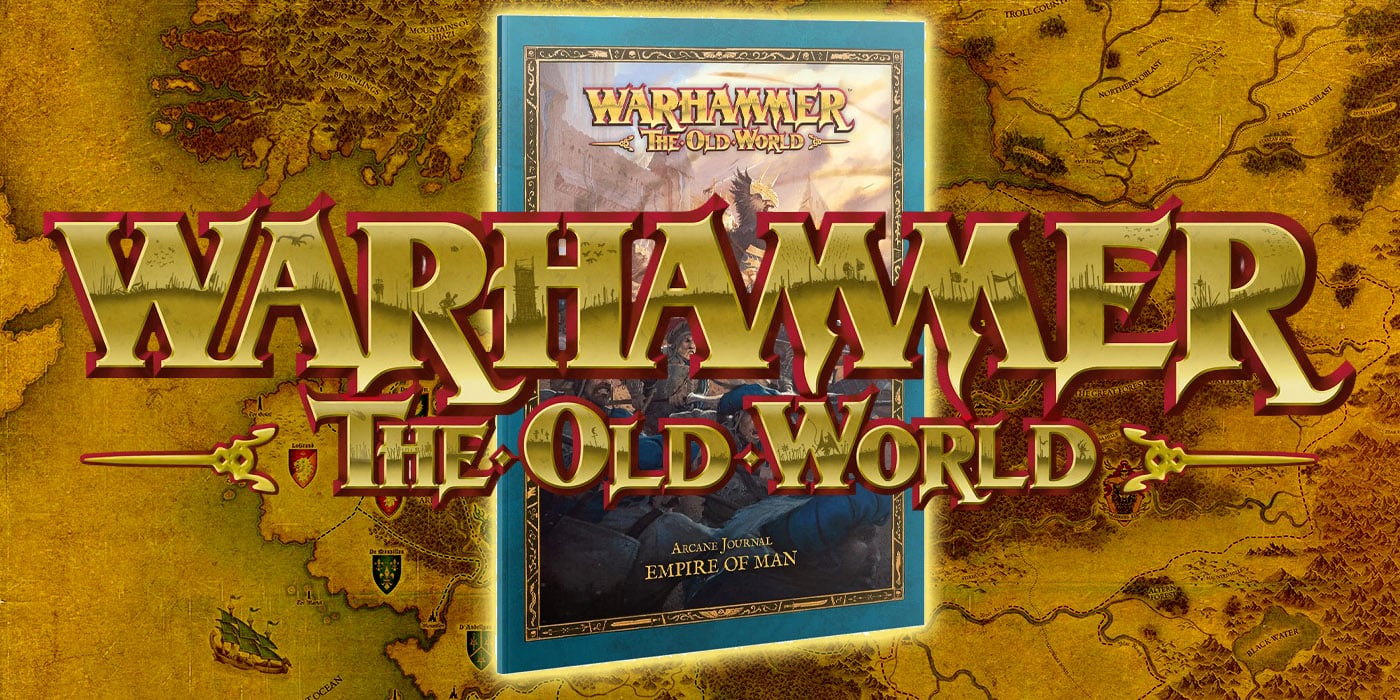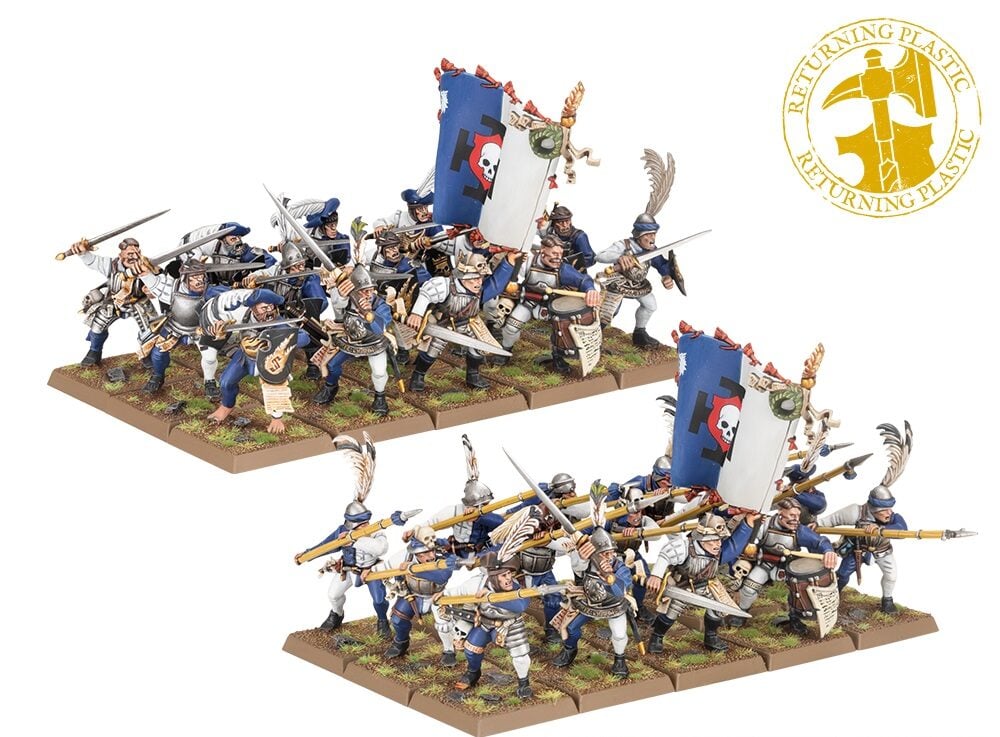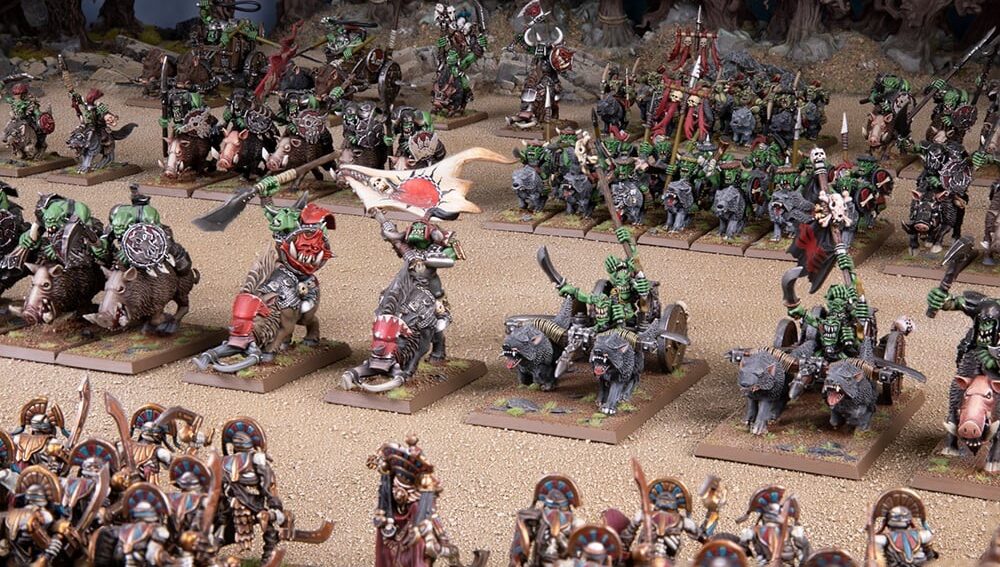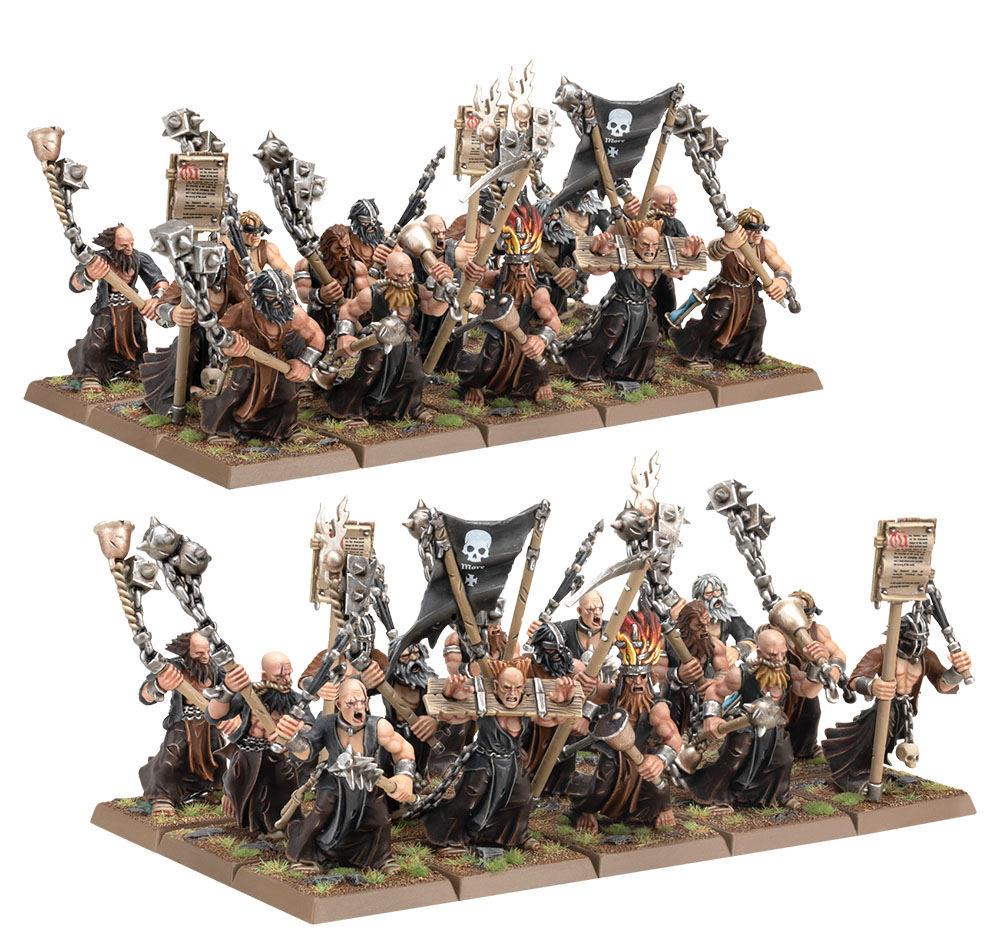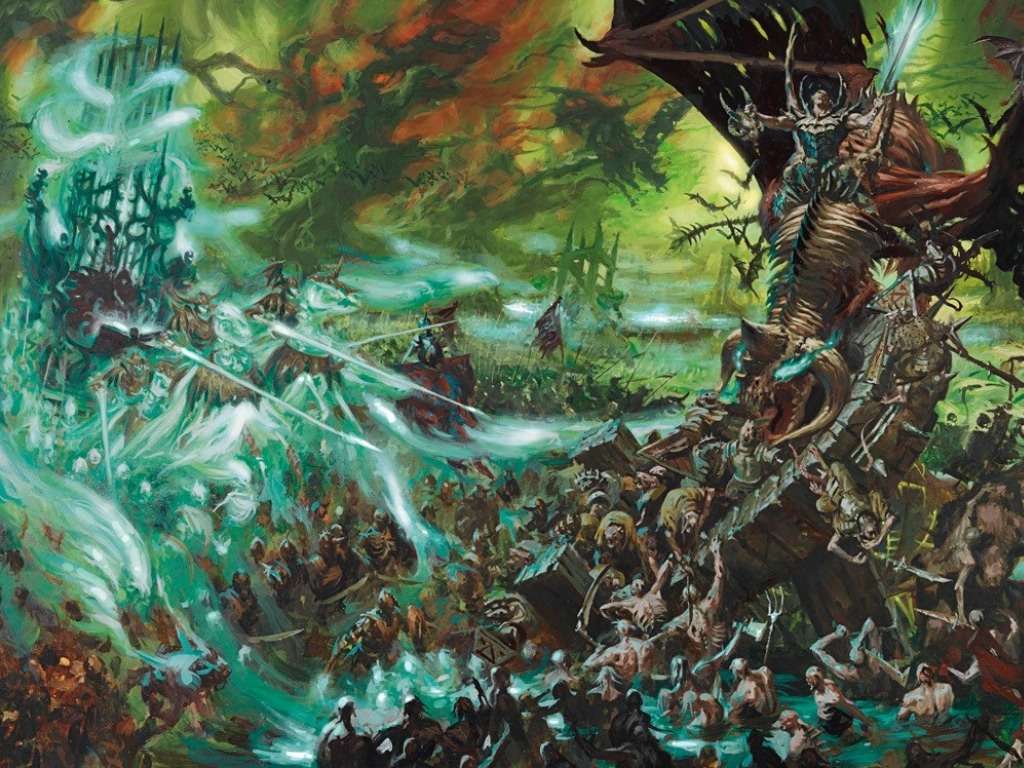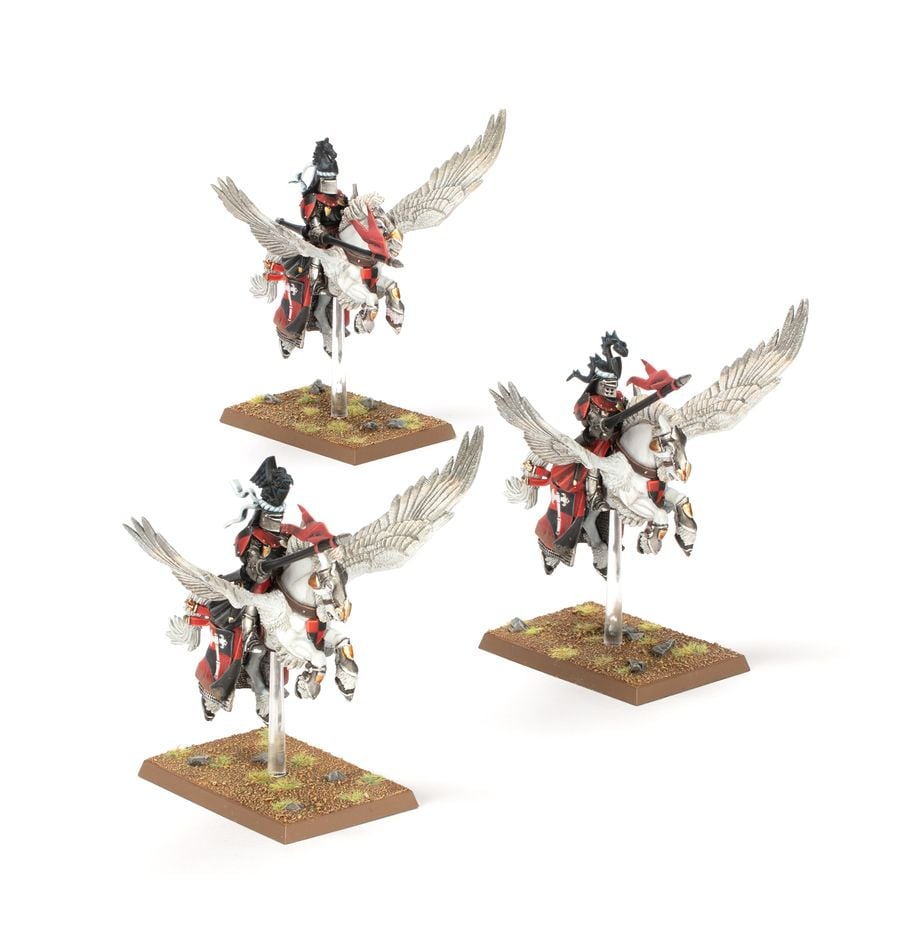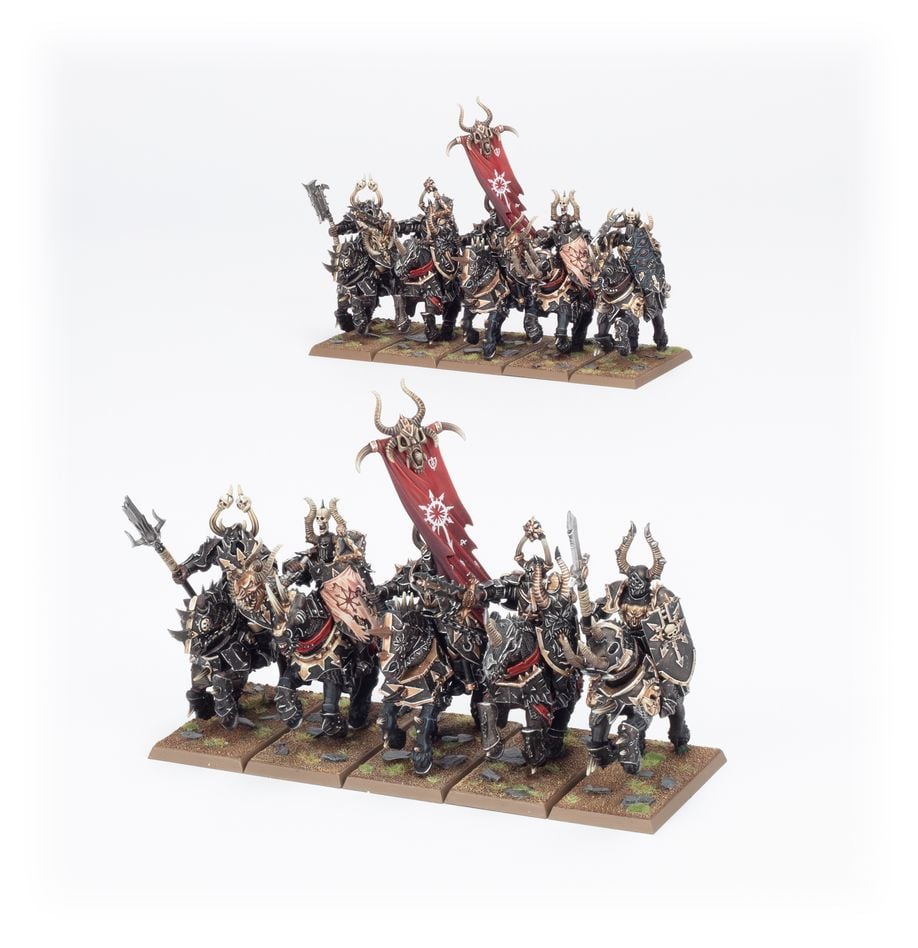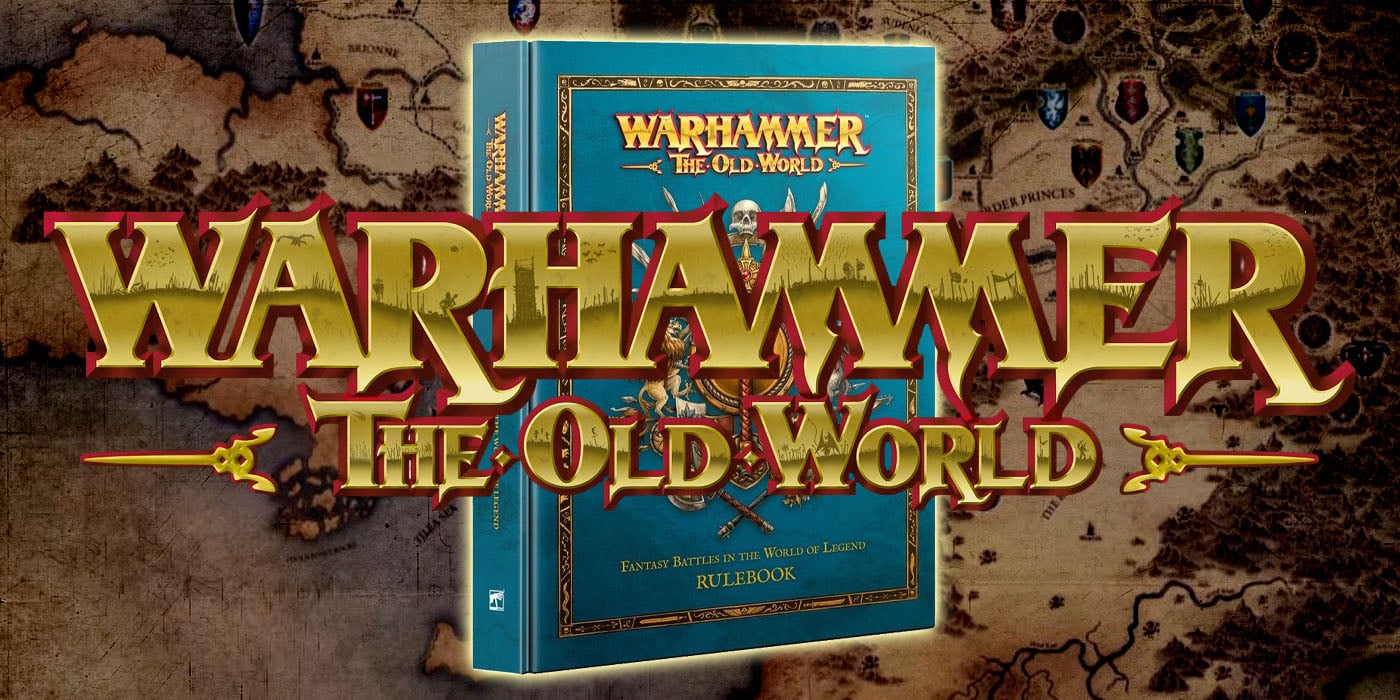‘Warhammer: The Old World’ – The Game’s Six Best Special Rules
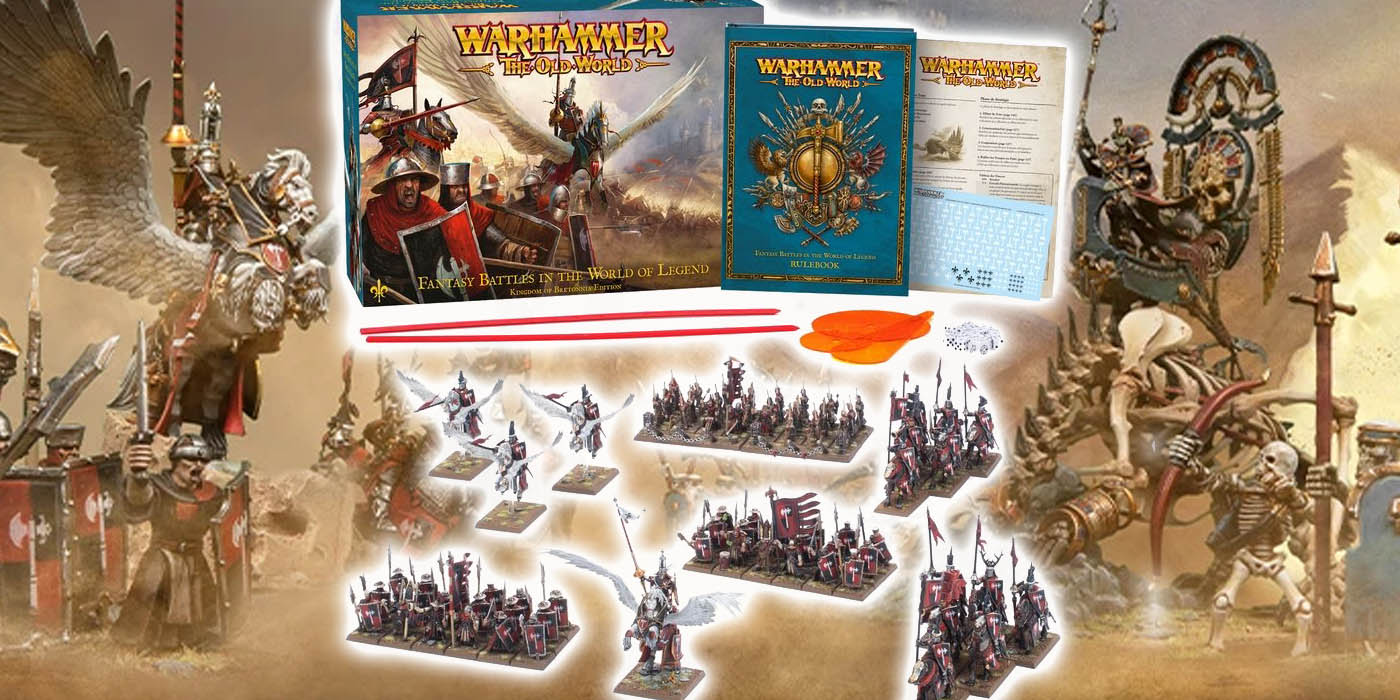
Take a look at the best Special Rules a unit can have in Warhammer: The Old World – and why.
One of the key things you need to know to build an effective army in TOW, or any wargame, is how good each unit you can take is. This is also very useful when playing a game and trying to pick out what to attack. Now we’ve spent a fair bit going over what I think are the best units in various categories, like infantry, heavy cavalry, etc.. It is, however, also very important to know how to identify what units are good beyond such simple lists.
Now, there are a lot of things that go into making a unit good or bad, but one of the key things, and one that is very easy to look at, is what Special Rules they have. Some of them are simply better than others and can really define a whole unit. So today, let’s take a look at what I think are the best of the best special rules, ones that often mean you should take a deep look at a unit.
Note: This list is only looking at rules from the big rule book that all armies share, faction, and unit, specific rules are not being considered. I’m also not going to count the special rules that allow you adopt a formation, close order, skirmishers, etc.. as they are kind of their own thing. If I did Skirmishers would be #1.
6. Veteran
Veterans are one of those quiet, non-flashy rules that just chug along, making your unit a lot better. It’s a simple rule that allows a unit (with a majority of veteran models) to re-roll leadership tests. While this does not include Break tests, it includes pretty much everything else, which is a lot of re-rolls. This just makes your unit a lot more reliable overall.
The most obvious use cases are helping to pass Panic, Fear, and Terror tests, and it does good for those. However, there are a lot of other things that make you take LD tests, from enemy effects to trying to activate items. This helps with all of them. It’s basically always useful to have around, and while it’s not going to change what the unit does, it will make it do whatever it does better.
5. Warband
This is another great rule, and one of the best you can find on a big, ranked-up unit. Warband has two effects. The first is to give the unit +1 LD per rank bonus they can claim. Normally, this is +2, but a lot of Warband units also have horde, and +3 to LD is nothing to sneer at.
Characters with Warband can also benefit from this, which is especially powerful on a general. This rule can basically take a unit with poor LD and make it have the best in the game, transforming that critical stat. (It is worth noting that if you can’t claim a rank bonus for some reason, you will lose the LD buff).
On top of the above, however, Warband also allows you to re-roll charge rolls (provided more than half the unit has it). This alone, even without the LD buff, is a great rule and very powerful! This makes it useful for units that don’t get ranks, like skirmishers. The rule double-whammy of LD buffs and charge re-rolls makes it a really good and transformative rule.
4. Unbreakable/Stubborn/Immune To Psychology
I’m clustering these three together because they basically do the same thing- make you run away less/become a lot more reliable in different ways. Unbreakable is normally the pinnacle of this, as it means a unit will never break from combat, simply give ground. Meanwhile, Immune to Psychology lets you auto-pass Fear, Terror, and Panic tests.
Combined, as they often are, they mean your unit will basically never run away (at least there is no way I know of for it to) and must be killed to the last model. Pretty much every Unbreakable unit is also ItP, though the reverse is not true.
However, this combo does have some downsides. Only Unbreakable characters may join Unbreakable units. Likewise, if you are ItP, you cannot flee as a charge reaction. On top of that, these rules are often combined with unstable, in the case of undead and daemons, which means that they will suffer from losing combat. This balances out the benefits a lot. If you find a unit that has these rules and isn’t Unstable, that’s really worth taking another look at! (though sadly, a lot of these units are pretty bad for other reasons).
Stubborn, meanwhile, is kind of the lighter version of Unbreakable. It’s only good for one use, the first time the unit takes a break test, and lets you auto fall back in good order, instead of testing. This is a really solid rule that also makes you a lot more reliable, as you know that at least once, you won’t run away. It also doesn’t come with the downsides of the others, still allowing you to flee and have characters join you. Also, sometimes falling back in good order is better than giving ground, which is a great rule.
3. Killing Blow/Monster Slayer/Multiple Wounds
Yeah, I’m doing it again, grouping three rules together. These three basically fall under the category of “Make You Kill Big Things Better”. All of them are great and do slightly different things. Killing Blow and Monster Slayer give you the potential to just kill things, depending on the rule and your type, with a lucky blow, which can be very swingy, but also unreliable.
Multiple Wounds, on the other hand, gives you reliable extra damage output with every wound you do, but won’t just kill things, and still allows saves. All of these are great in their own way and pretty much speak for themselves.
Unlike the other rules on this list, these generally aren’t found on units. Other than a few very rare cases, you’ll find them on monsters, characters, and warmachines, the big things in the game, or granted by items and effects. While they are rare, the things that do have them natively are often worth a look.
2. Ethereal
Ethereal is one of the most transformative rules in the game as it completely changes how a unit interacts with the game. This rule does two main things. The first is to allow the unit to treat all terrain as open for the purposes of movement (though they cannot end their movement in impassable terrain).
Second, they can only be hurt by magical attacks. This one, of course, is huge, as depending on the enemy army, it could make your unit impossible to wound. Against most foes, it will mean that only a very few models in the enemy army can hurt you. This is, of course, huge.
Now it’s wise not to get too cocky with Ethereal. Most units with it are also unstable and can still die thanks to that. In addition, most ethereal units are fairly weak and can only be joined by ethereal characters. Some armies are also full of magical attacks, making them useless. A rare few units don’t have any of the big downsides, or can gain Ethereal in-game. While it’s not an instant win, it is huge. If you see this rule, it’s again one you should really look at.
1. Fly
Fly is another rule that is transformative to a unit. It, of course, has two components. The first is, normally, increased movement. Movement is probably the most important stat in the game, and so this is huge. On its own, that would make it a great rule. However, it also allows you to move over models and terrain, giving you a massive freedom of movement and maneuver.
I don’t think I have to go too deep into this one, as its benefits are pretty clear. Now, not all units with fly are good, but fly will take a bad unit and push it up there, take good units, and make them game-defining.
Honorable Mention: Swiftstride
Look, Swiftstride is maybe the best special rule in the game as it massively increases your ability to not only declare charges, but make them. It’s a huge rule and the difference between units that have it vs those that don’t is night and day. It, more often than base movement, can be what decides if you get charged or if you charge. It’s huge.
However, Swiftstride is also one of the most common special rules in the game, with basically every cavalry model and most monsters having it, among others. As such it just doesn’t feel all that special. So many units have it that it’s not a great indicator of whether a unit is good or not. While it doesn’t mean a unit is good, not having it can often mean a unit is on the brink of not being good. So it’s getting an honorable mention here.
Let us know which rules you think are the best, down in the comments!

